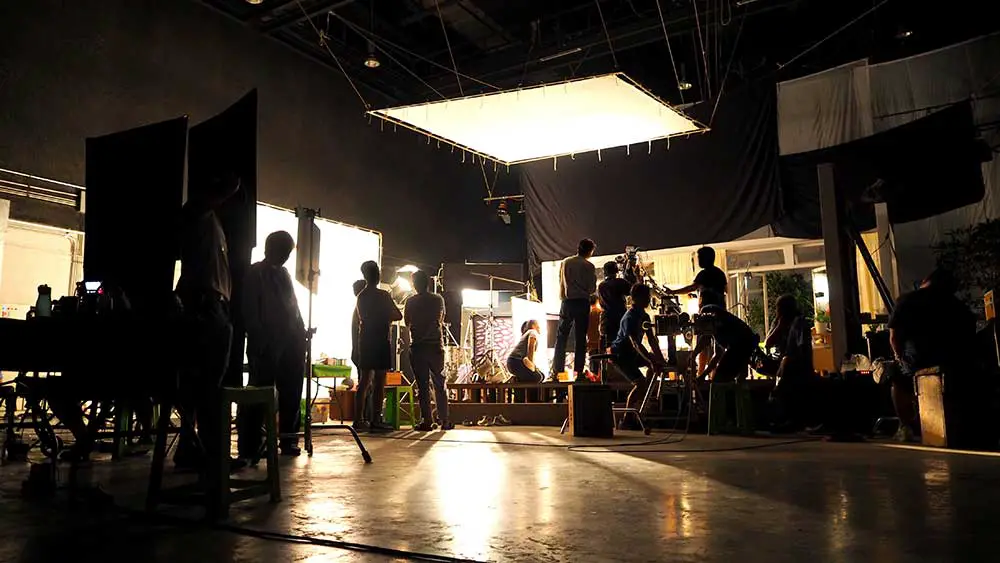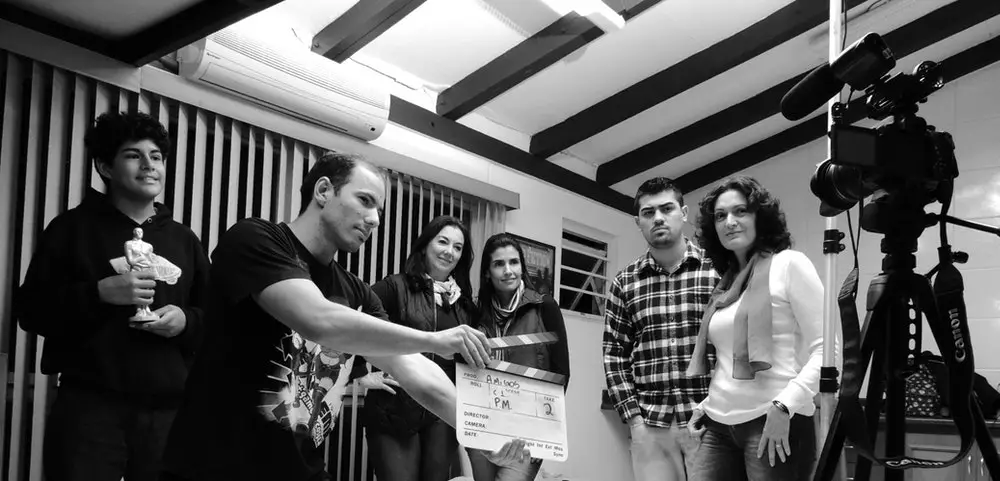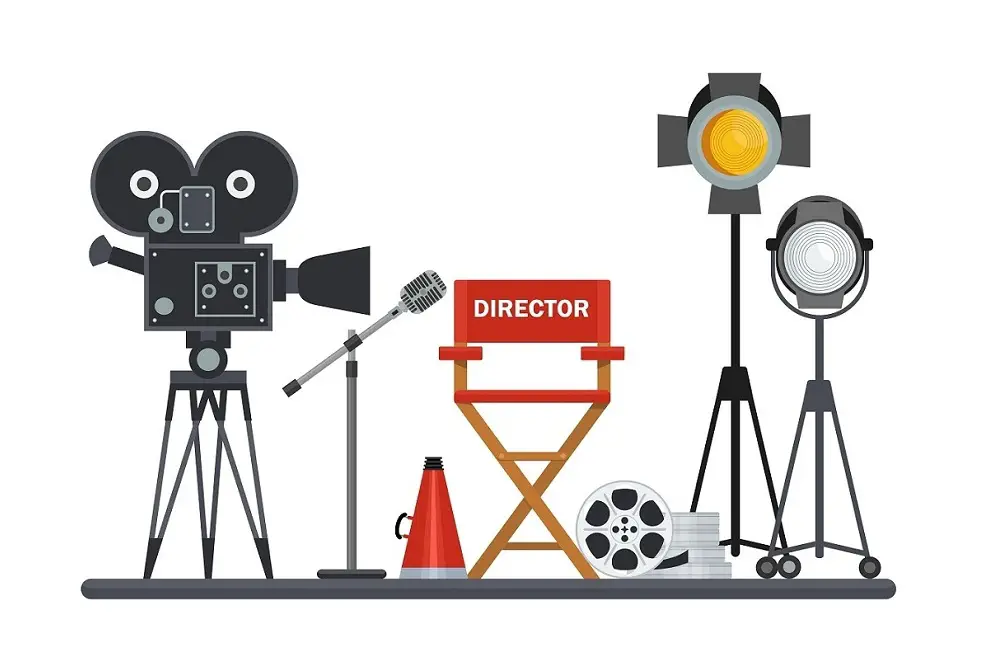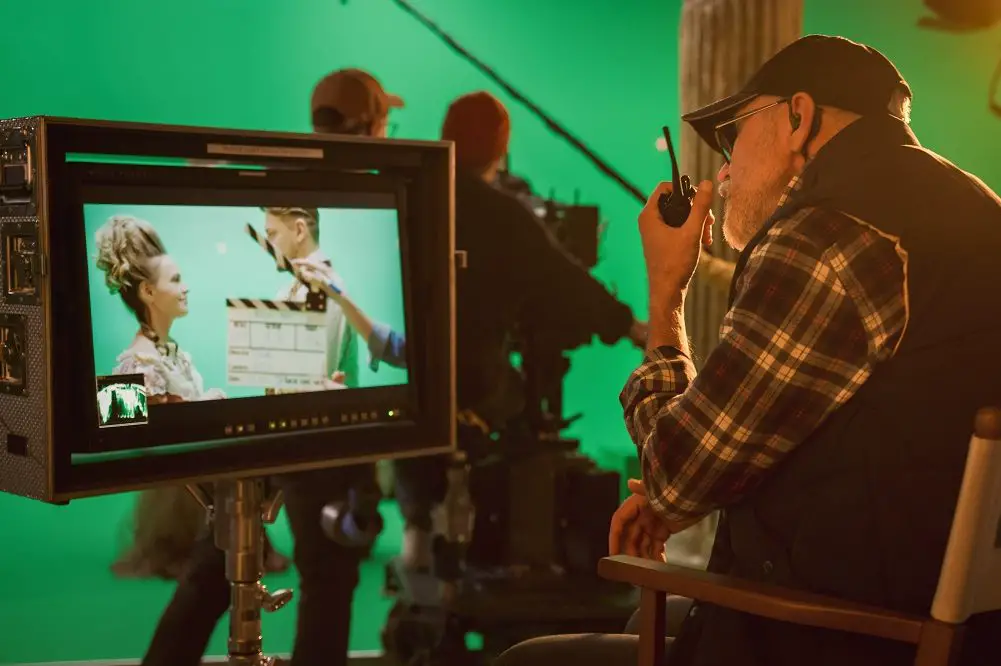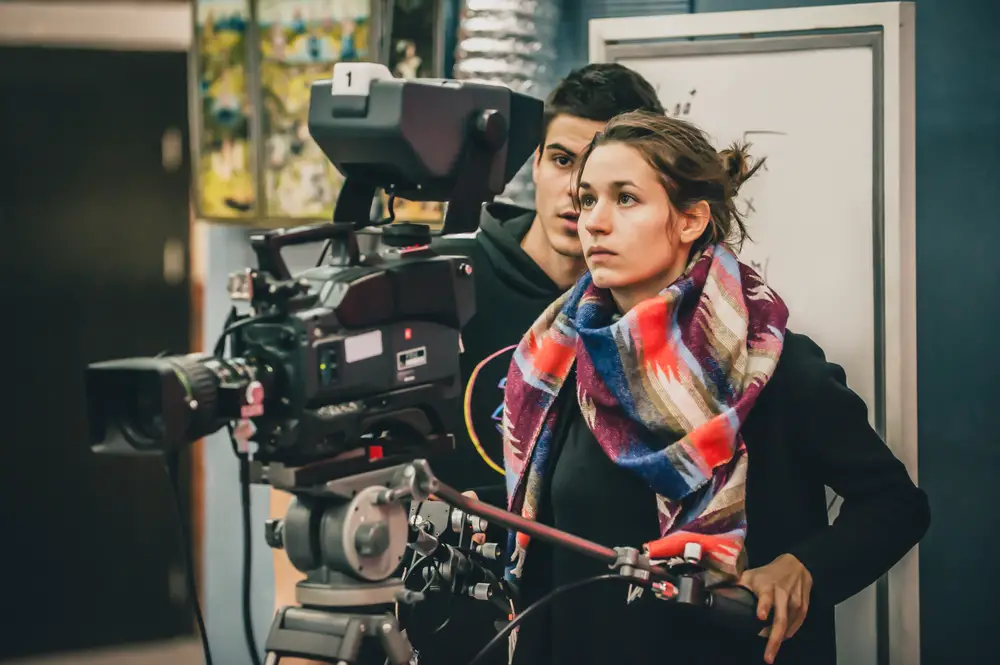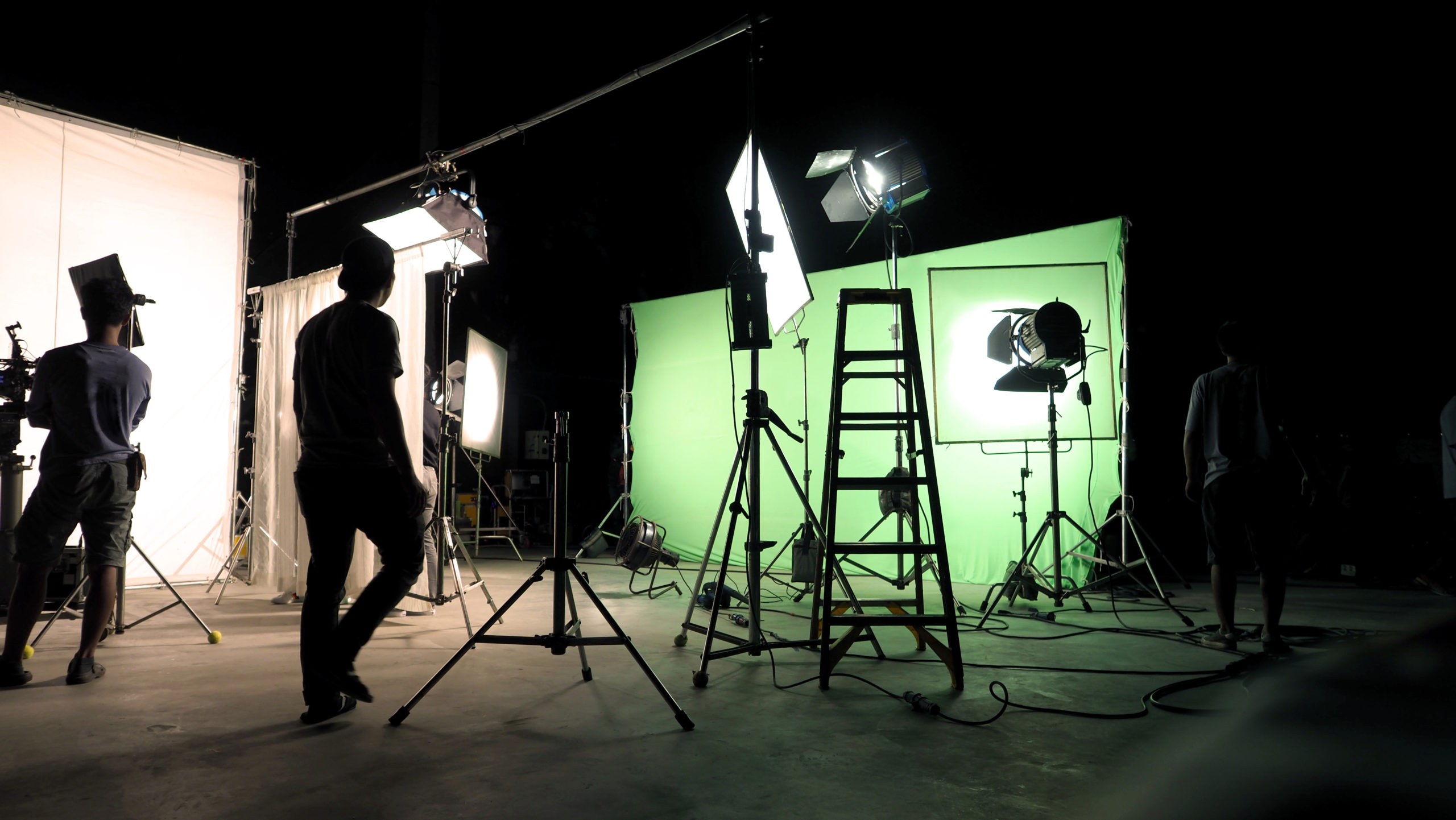Film editors are responsible for managing material such as camera footage, dialogue, sound effects, graphics, and special effects to produce a final film or video.
Editors are key to post-production and require strong storytelling skills. Editors can be just as important as directors when it comes to portraying a certain film style, and they also work closely with the director to achieve the desired effect.
Film editing can be a creative, rewarding, and exciting career, and many film editors love their job. That said, it can take a while to break into the industry, plus employment is usually on a freelance basis with mainly short-term contracts, which can be the most prominent drawback of this job.
Are film editors in demand?

Since 2004, film and video editor positions have increased by 26.14 percent across the U.S., with an average growth of 4.36 percent per year. Jobs were set to increase up until 2018, though the Covid-19 pandemic is likely to have stalled this growth, with many film productions paused.
However, the other thing to bear in mind is that while video editors generally are in demand, film editor roles are far harder to land.
So while you may land jobs editing commercials, corporate training videos, music videos, and other similar projects, becoming a film editor on big productions requires a certain level of experience and strong links to the industry.
Is video editing a stable career?
Video editing isn’t the most stable career, and the reason for this is that any tech-related role is always evolving – particularly in today’s world.
Video editors need to always be open to learning new technologies and different ways of doing things. They need to have the ability to learn quickly and work with different software and editing platforms.
The workflow will change with technology. The one good thing is that the massive presence of social media means video editors are often needed for marketing projects and promotional videos like commercials.
In terms of TV and film, these opportunities, if you’re lucky enough to land them, are often short-term and on a freelance basis, so if you’re looking for a run-of-the-mill, stable career, video editing is probably not it!
How many hours do film editors work?
On average film editors will work for eight to ten hours a day with the director when cutting a film. The edited version will then be sent off to a colorist or post-sound team.
As well as working on the actual cut, the editor will also need to spend time with the initial footage to figure out the storyline before stitching it together.
How much do film editors earn?
According to careersinfilm.com, the average annual salary for a film editor is roughly $52,100, though salaries can range from $35,000 to $79,000. It’s worth bearing in mind that you’ll have to be extremely experienced and skilled to earn the higher-end salaries, and most entry-level positions will offer a lot less.
If you work on a freelance basis, you’ll set your own day rate based on your experience level and the budget of the production you’re hired by. Editors who are members of the Guild set their rate based on the scale established by the union, and rates may vary from project to project.
Is it hard to become a film editor?
Film editing at its highest level is definitely a skill, and this is because the role is about more than just the technical side of the job.
Film editing is as much about storytelling and creativity as it is about cutting. After all, it is the film editor’s role to provide a fresh perspective to a story. While actors, writers, and directors provide the content, editors have the power to shape a story so that it really achieves the film’s desired impact.
As Philip Seymour Hoffman said: “the film is made in the editing room.”
Learning to use film editing software and programs is the easy part. Honing your creative, analytical, and storytelling skills is a little more difficult, and it’s this requirement that makes it so difficult to break into the movie industry as an editor.
That’s why many people decide to take writing courses or apply to film school to develop their storytelling skills. Don’t be fooled into thinking film editing is a technical role alone and not a creative one. Editors are just as creative as writers and directors.
However, this industry is tough, and you’re not going to land a role as an editor on a major picture straight away. In fact, you’d be lucky to land a role working on an independent film. You’re probably going to have to do a lot of editing jobs that you don’t like.
Some of these may be for corporate videos or commercials, which is a lot less appealing, but acquiring this experience is essential in order for you to bag bigger and better jobs.
What qualifications do I need to be a film editor?
There’s no fixed route to becoming a film editor, so there’s no one go-to college degree you can do that will guarantee you a job.
Some film editors will have educational qualifications, and others will have worked their way up from other roles in the film industry – like runners. Jobs are far more likely to rely on your level of experience and your connections to the industry rather than your qualifications.
That said, many film editors will earn a Bachelor of Arts with a major in film and television, film studies, or another area within communications. Some may also major in cinematography, and it’s extremely useful to know how to work film equipment and understand camera angles and frame sizes when you’re entering the industry.
Generally, film editors will gain their qualifications from independent film schools, photographic institutes, community colleges, technical schools, or traditional universities.
Some film editors will take a more vocational route, opting for internships or work experience placements instead. One thing is for sure though, the more experience you can build, the better your chances of landing that dream job.
Who is the best film editor in the world?
The best film editor in the world is a pretty subjective matter, after all, perhaps the best editor in the world is the one who edited your favorite film, as without that editor the film would cease to exist how you know it.
However, according to IMDB, the best film editors in the world are considered to be Michael Kahn (Saving Private Ryan (1998); Jurassic Park (1993), Alan Edward Bell (500 Days of Summer (2009); The Hunger Games: Catching Fire (2013) and The Hunger Games: Mockingjay – Part 1 (2014)) and Lee Smith (Inception (2010), Dunkirk (2017) and The Dark Knight (2008)).
But like we said – this is highly subjective, and every aspiring editor or film fanatic will have their own answer to this question.
Final Verdict
A film editor plays an essential role in the movie-making process, and such people need to be creative, experimental, and hard-working.
But before you can even think about becoming a film editor on a major feature, you need to be willing to put in a lot of graft, make connections in the movie industry, and build up a strong resume and portfolio of work.

